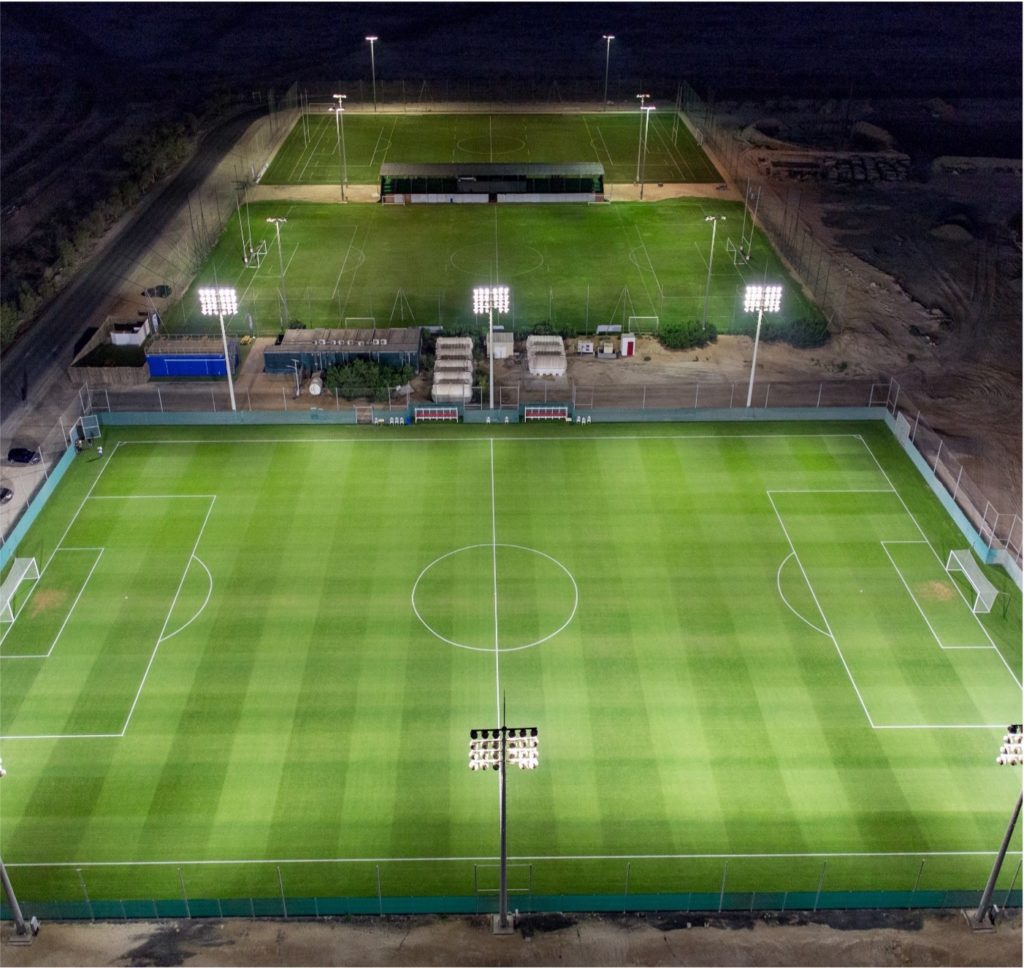The Importance of Communication for Goalkeepers
The Keeper’s Role: Communication is Key
The Importance of Communication for Goalkeepers – A goalkeeper plays a pivotal role not just in saving goals but also in organising the defensive line. From their position at the back, keepers have the clearest view of the pitch, enabling them to assess threats and direct their team effectively. Another Importance for goalkeepers is – Communication, therefore, becomes a vital skill for any aspiring goalkeeper.
Guiding the Defence
To maintain a strong defensive shape, goalkeepers must provide consistent and constructive communication. Whether it’s repositioning defenders, calling for the ball, or highlighting gaps in the line, their input can make a significant difference.
At the elite level, communication styles can vary greatly. For instance, some keepers, like Peter Schmeichel and his son Kasper, are known for being vocal and assertive. In contrast, others, such as Alisson Becker, rely on calm and deliberate instructions. Despite these differences, the best keepers ensure their messages are always clear and understood.
What Scouts Look For
Scouts are constantly evaluating how well keepers communicate during trial matches. Effective communication shows leadership and understanding of the game. To stand out, keep the following in mind:
•Clarity and Precision: Ensure your instructions are concise and easy to follow.
•Situational Awareness: Offer guidance based on the evolving dynamics of the match.
•Confidence Under Pressure: Communicate decisively, even during high-pressure moments like set-pieces or counterattacks.
Learning From the Best
Some of the greatest goalkeepers demonstrate the value of strong partnerships with their defence. Think of Petr Čech during Mourinho’s Chelsea era, where he worked seamlessly with John Terry. Similarly, the bond between Alisson Becker and Virgil van Dijk at Liverpool has been instrumental in the team’s success.
Watching professional matches can provide valuable insights. Notice how keepers direct their defence using both words and gestures. This ongoing communication creates a cohesive and effective defensive unit.
Standing Out at Trials
Interestingly, scouts often mention that many goalkeepers at trials lack vocal presence. While some players may naturally shy away from speaking up, this is an area that can be improved with practice.
By confidently guiding your defence and being vocal during trial matches, you’ll demonstrate leadership and situational awareness. These traits are highly valued and could set you apart from other trialists.



No Comments yet!